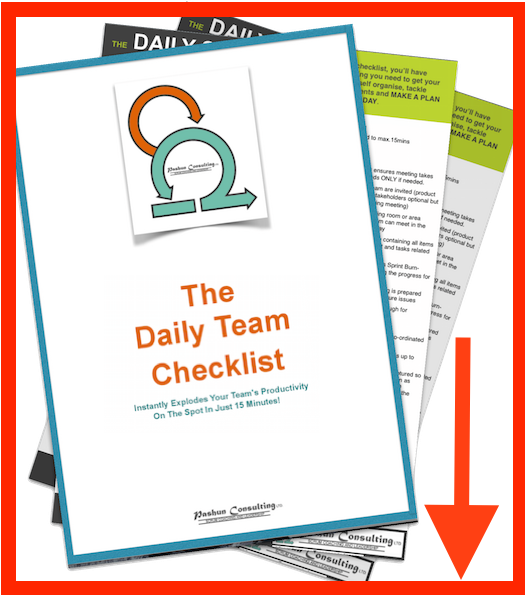Confessions of a Scrum Master – Intro 1
I am sending out a note because I have a confession to make. I will not draw it out for the length of this blog post, I will just get to it. You see, my confession is that despite my teachings and experiences within the Scrum field, I have made mistakes in the industry in the past. Don’t get me wrong, I have always been a deep believer in the Scrum rules, and strived for excellence in all that I do. This is what has given me enough blessings to gain roles as a Scrum Master, Agile Programme and Portfolio manager in major blue chip companies. However, it was the very mistakes I mention that have given me enough insite and experience to excel in my field. This was not something I realised early on. Indeed it was difficult to see how making mistakes could turn out to be a positive and work to my advantage.
I remember many years ago I went through some very challenging situations while working in the world of Scrum. I was in a company that was quite new to Scrum. The management team that brought me in was sure that Scrum was the future. The problem was, that THEY were the ONLY ones who were sure. The product owners saw it as a blocker because I asked them to follow the scrum rules. The team did not see how it would benefit them and in some ways rebelled against it. Even some of the Scrum Masters broke the rules when the going got tough. Although I personally managed to maintain the scrum practices, this environment made it difficult for me to maintain the values and put the team first (especially when they did not really understand their scrum master was there to help them). I came away feeling that I could have done a better job.
(NOTE: Want to learn how to become a scrum master to facilitate teams and deliver projects on time? Check out the Become A Scrum Master In 7 Simple Steps Guide so you can learn the steps you REALLY need to make your team more productive! Get your Become a Scrum Master In 7 Simple Steps Guide now.)
I came very close to beating myself up about this but then I remembered one thing that kept me going. One thing that maintained my faith. That one thing is that I was entitled to make mistakes as a human being and that making those mistakes and learning from them was woven into the very fabric of Scrum. The “inspect and adapt” principle asks us to be transparent about whether you have accomplished your goals and then instead of beating yourself up, make changes to accomplish them. This can be applied to anything, including the job of Scrum Mastering. I used this approach to reflect daily and weekly on where I was going wrong and where I could improve. There will be no surprise that I DID improve drastically, week by week and ended up helping a team of disbelievers to become a team of die hard scrum enthusiasts.
So next time you are not getting the results you would like, remember the key principle of what you are practicing. Confess to yourself where you could improve, make some adjustments and pave the road to success!
Please spread the word – LIKE and SHARE this page with the buttons below
(NOTE: Want to learn how to become a scrum master to facilitate teams and deliver projects on time? Check out the Become A Scrum Master In 7 Simple Steps Guide so you can learn the steps you REALLY need to make your team more productive! Get your Become a Scrum Master In 7 Simple Steps Guide now.)


